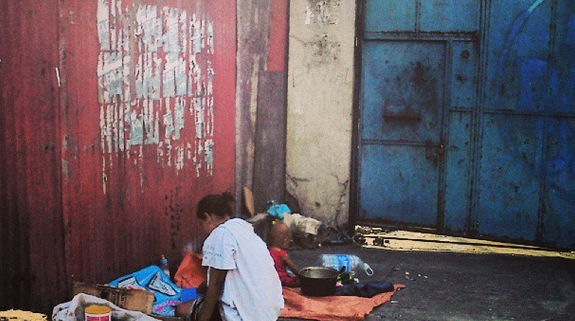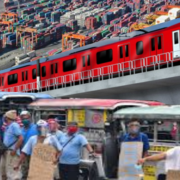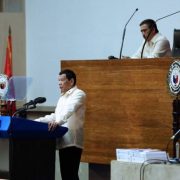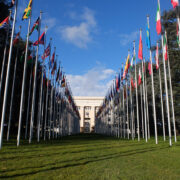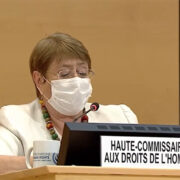Don’t insist on low poverty threshold, address jobs crisis, gov’t told
The National Economic and Development Authority (NEDA) recently attributed reduced poverty in the first semester of 2018 to the rising quality of jobs under the Duterte administration.
But research group IBON said that dismal jobs creation, the magnitude of joblessness, poor quality work, and meager wages give away the true picture of Philippine poverty.
The group stressed that government needs to first admit that there is a jobs problem to embark on real solutions to poverty.
Very weak job creation indicates an economy in crisis that deprives people of livelihoods, IBON said.
Job generation in the first two years of the Duterte administration was the worst in six decades and nine administrations.
Employment grew by an annual average of only 0.2% in in 2017 and 2018 compared to the 1.6%-3.9% annual average under the administrations since the time of Diosdado Macapagal in the 1960s.
IBON added that the persistence of joblessness and underemployment, where even those employed seek additional work, underscores the inability of the economy to generate enough stable and decent work.
The group estimates the unemployment rate to have grown from 9% in 2016 to 10.3% in 2017 and 9.9% in 2018.
In 2018, IBON estimates 4.6 million unemployed and 6.7 million underemployed Filipinos.
IBON also underscored that wages remain far below what households need on a daily basis.
NEDA claims that poverty fell due to higher incomes from wages and salaries especially among the poorest families.
IBON however pointed out, for instance, that the Php575.18 average daily basic pay of wage and salary workers in January 2018 is not even enough at 60% of the estimated Php955 National Capital Region family living wage at that time.
It should also be noted, said IBON, that the methodology of poverty and unemployment statistics obscures the real situation of poverty and unemployment.
The unrealistically low poverty threshold results in millions of Filipinos not being counted as poor.
Similarly, the definition of unemployment since 2005 results in millions of jobless Filipinos, including discouraged workers, not being counted as unemployed millions.
Rather than hyping supposedly on-track poverty reduction, the Duterte administration should count the real numbers of poor and unemployed Filipinos.
This is the only real basis for an effective strategy for poverty alleviation, said IBON.
The Filipino people deserve a comprehensive and broad-based poverty alleviation strategy that includes enabling the economy to create jobs, raise people’s incomes and livelihood, and increase economic production and capacity for consumption.
Government can embark on this instead of setting such a low poverty threshold and harping on reducing the number of poor just by changing the way they are counted, IBON said.

